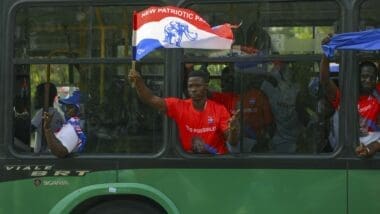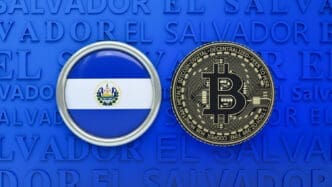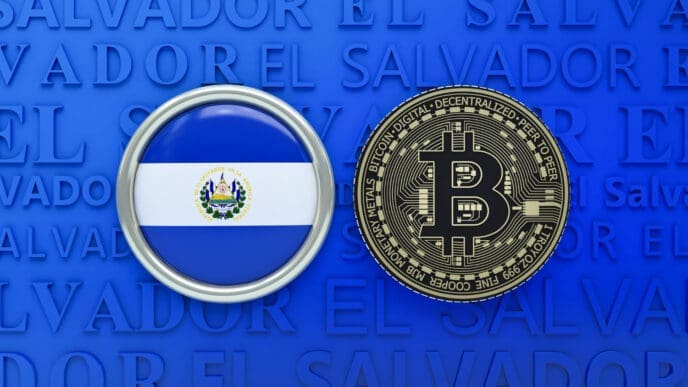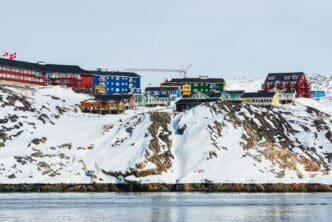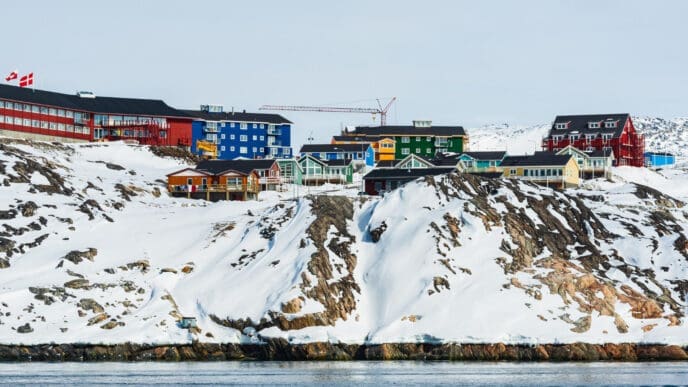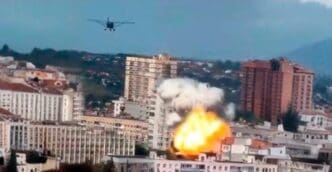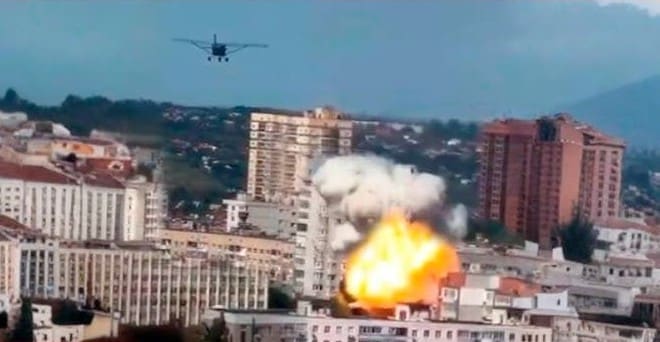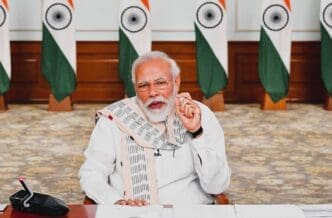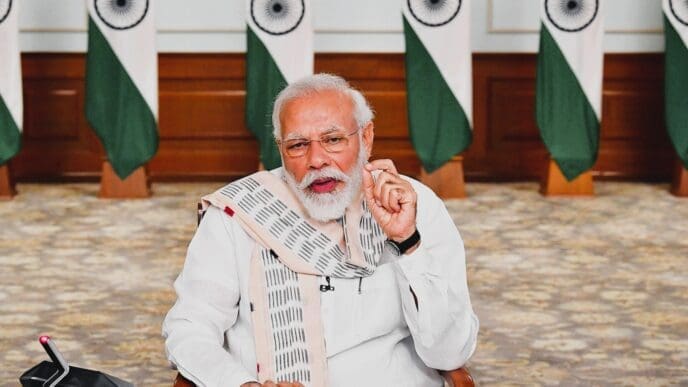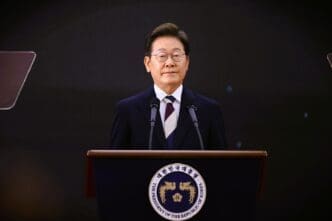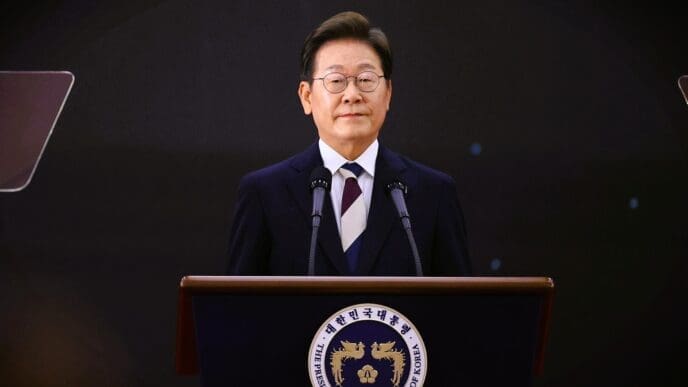In a significant demonstration of democratic resilience, the people of Ghana will head to the polls this Saturday to participate in a pivotal general election. The election, considered a litmus test for democracy in West Africa, occurs amid a backdrop of severe economic hardship, marked by soaring inflation and unemployment. This context presents a challenging environment for both the incumbent and opposition candidates as they vie for leadership of the nation.
Ghana, once celebrated as a beacon of democracy in West Africa, is currently grappling with a profound economic crisis. Surging prices and a lack of job opportunities have left many Ghanaians worried about their future. Recent data from Afrobarometer, a reputable research group, reveals that 82% of the population feels the country is on the wrong path. This sentiment underscores the significance of the upcoming elections, as citizens look to their leaders for solutions.
Despite the presence of 12 presidential candidates, the election has largely become a contest between two main figures: Vice President Mahamudu Bawumia of the ruling New Patriotic Party (NPP), and former President John Dramani Mahama of the National Democratic Congress (NDC). Both candidates face scrutiny over their economic policies, as neither has offered substantial new approaches to remedy the country’s financial ailments.
Bawumia, a well-respected economist, promises to continue efforts from the current administration to stabilize the economy. Meanwhile, Mahama is vocal about his intention to overhaul the nation’s governance and economic structures, asserting a need for comprehensive reforms across various sectors. He emphasized, “We need to reset our democracy, governance, economy, finances, agriculture, infrastructure, environment, health sector, and all that we hold dear as a people.”
At the heart of the election is a pressing economic concern. Ghana has faced significant challenges over the past year, including defaulting on much of its foreign debt, which has compounded economic woes. The cost of essential items such as food and fuel has risen sharply, with the inflation rate reaching 54% by the end of last year. Although inflation has started to decline, many citizens still experience financial strain in their daily lives.
The election atmosphere in Accra is lively, with colorful posters and dynamic street rallies creating an engaging and hopeful environment. Yet beneath this vibrant political activity lies a somber awareness of the economic difficulties that the new administration must address.
Illegal gold mining, known locally as ‘galamsey,’ remains a contentious issue as it exacerbates environmental degradation while reflecting the desperation of those without stable employment. As Africa’s leading gold producer, Ghana faces the dual challenge of capitalizing on its resources while curbing rampant illegal mining practices, a topic that has fueled voter concern during the campaign period.
As Ghana approaches a critical electoral decision, the nation stands at a crossroads, balancing the need for economic revitalization with the preservation of its democratic values. The outcome will not only determine the direction of Ghana’s future policies but will also serve as an indicator of democratic stability in a region fraught with political unrest.
Source: Apnews
